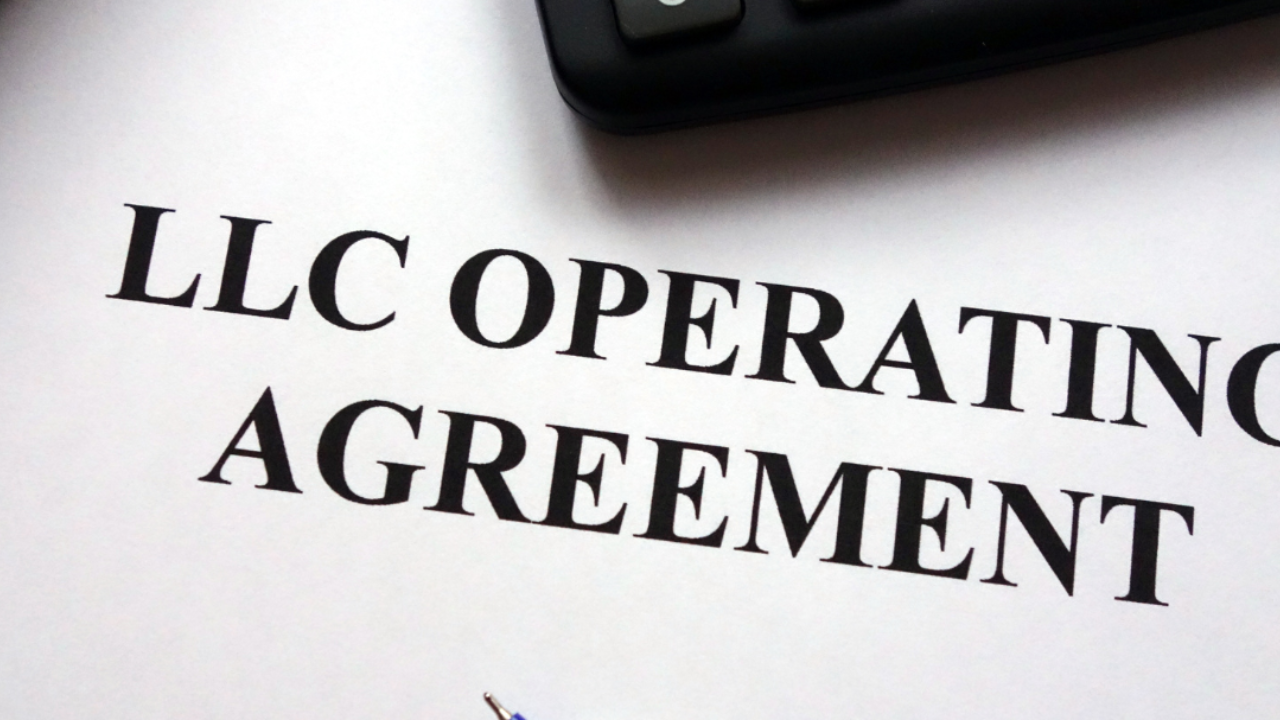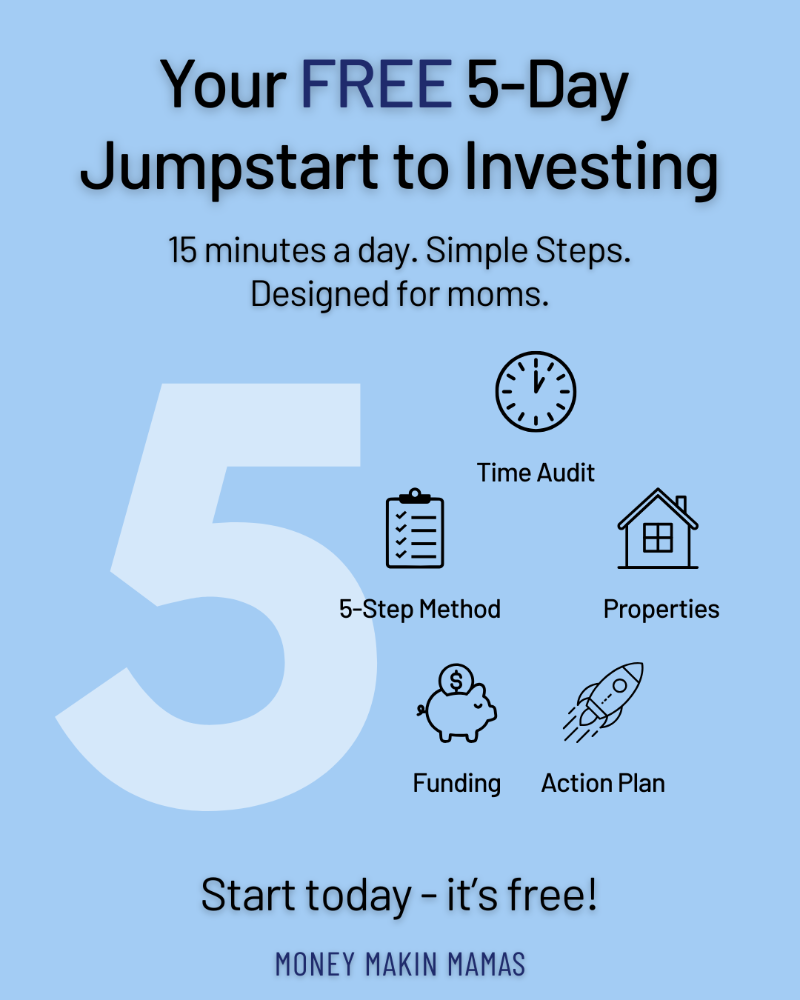Do I Need an LLC to Start Investing in Real Estate
Oct 02, 2025
If you are a first time investor wondering whether you must set up an LLC before you buy a rental, you are not alone.
The short answer is no, you do not have to form an entity to begin. The right structure depends on your goals, risk tolerance, financing plans, and state law.
At Money Makin’ Mamas we help women who invest make calm, informed decisions that serve family life, protect safety, build long term wealth, and grow inside a supportive community.
What an LLC actually does
An LLC is a state law business structure that can provide limited liability, meaning your personal assets are generally shielded from business debts and lawsuits when you keep business and personal finances separate and follow the rules. It combines features of corporations and partnerships and is flexible to manage. Small Business Administration
For federal taxes, a single member LLC is a pass through by default and is usually reported on your personal return, while a multi member LLC is generally treated as a partnership and files an informational return. You can also elect corporate treatment if that suits your plan.
What an S corporation actually is
An S corporation is not a separate legal entity. It is a federal tax election that qualifying corporations and LLCs can make using IRS Form 2553. It has ownership and filing restrictions and may be useful for certain active businesses because of how payroll and distributions work, but it adds complexity and compliance. IRS
Do you need an entity to get started
No.
Many beginners buy their first rental in their own name or via a simple single member LLC and report income on their personal return. The essentials are clean bookkeeping, a separate bank account for rental activity, appropriate insurance, and conservative underwriting. As your portfolio grows or you bring in partners, an LLC can help with liability compartmentalization and ownership clarity. For some states, there are series LLC options, but treatment varies and you should review state guidance before considering them.
When might an entity be worth it sooner
If you plan to co own with friends or family, want clearer operating rules and profit splits, or expect to add multiple properties quickly, an LLC with an operating agreement can reduce friction and document decision making. If you are running an active real estate business with employees or material services revenue, talk with your CPA about whether an S corporation election fits your compensation plan and state taxes. For rentals that are generally passive, many owners remain with default pass through treatment, but this is highly situational and professional advice is essential.
Taxes at a glance for common starter paths
Single member LLC taxed by default as a disregarded entity typically reports on Schedule C or Schedule E depending on activity level and type of income. Multi member LLCs treated as partnerships file Form 1065 and issue K 1s to members. Corporations or LLCs that elect S corporation status file the S corporation return after making a timely Form 2553 election. Your CPA will help you choose the right forms for your mix of rental activity, services, and state rules.
Money Makin’ Mamas and the four pillars that guide our advice
Family. Your structure should support family rhythms and reduce stress, not add it. We help you choose simple steps you can complete during short windows of time and we keep documentation templates mom friendly and clear.
Safety. We lead with risk management, including proper insurance, clean separation of funds, and realistic cash reserves, and we encourage professional guidance before you sign. Limited liability is meaningful, but it is not a substitute for good habits. Small Business Administration
Wealth. We favor steady buy and hold portfolios with cash flow, principal paydown, appreciation, and potential tax benefits. Your entity choice should not erase the math that makes a deal safe on day one.
Community. Women who invest do better together. Inside Money Makin’ Mamas we share checklists, answer entity setup questions at a high level, and point you to licensed professionals when a state specific decision matters.
Practical next steps
- Clarify your one year plan. Are you buying one rental or building a small portfolio.
- Open a separate bank account and set up simple bookkeeping so your records are clean from day one.
- Call a CPA and ask which tax treatment fits your plan and state taxes.
- If you form an LLC, keep business and personal finances separate and follow your operating agreement.
Important disclaimer
I am not a financial planner, CPA, or attorney. I am sharing what has worked for our business and the formations we have used over the years. Your best choice depends on your goals, state law, and personal tax situation. Please consult a licensed professional before you form an entity or file any elections.



